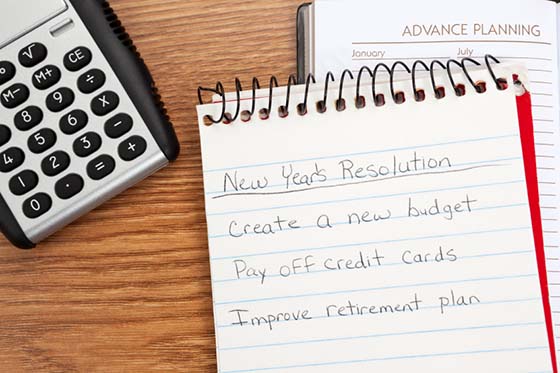 Cash-strapped college students have been recruited to participate in a scam
Cash-strapped college students have been recruited to participate in a scam
referred to as “card cracking.” Using ATM/debit cards and PINs willingly provided by the students, fraudsters deposit fraudulent checks to the students’ accounts. The funds are subsequently withdrawn by the fraudsters with the students receiving a portion of the funds for their participation.
Details
The “card cracking” scam was reported to originate in Chicago and generally targeted college students who were recruited through social media sites including Facebook, Instagram and YouTube. Participants were even recruited in person at college campuses. The sales pitch is to allow the fraudster to deposit a check to a student’s account and withdraw the funds for which the student receives half of the proceeds for agreeing to participate. This scam was since reported nationwide.
Willing participants provide the fraudsters with their ATM/debit cards and PINs. The fraudsters deposit fraudulent checks (stolen or counterfeit checks) to the student accounts via ATMs and subsequently withdraw the funds. Their proposition is simple: If you provide me with access to your account so I can deposit a check and withdraw the money, I will provide you with half of the proceeds.
After initial contact is made, the scammer arranges to meet up with the student to retrieve the debit card and corresponding PIN. The deposit is made, the money is withdrawn and then the fraudulent checks were subsequently returned unpaid and charged back to the students’ accounts. Following the fraudsters’ instructions, the participants report their ATM/debit card as lost or stolen and that the transactions were fraudulent.
The participants may not be entitled to protection under Regulation E (Reg E) for
unauthorized use of their ATM/debit card since they willingly provided their card to the
fraudsters, which contains an exclusion to the definition of unauthorized
electronic fund transfer:
Unauthorized electronic fund transfer means an electronic fund transfer from a consumer’s account initiated by a person other than the consumer without actual authority to initiate the transfer, and from which the consumer receives no benefit. The term does not include an electronic fund transfer initiated by a person who was furnished access to the consumer’s account by the consumer, unless the consumer has notified their financial institution that transfers by that person are no longer authorized.
This is a huge risk – especially for students who may have large amounts going through their accounts from loans, scholarships and tuition reimbursements.
“Even though the students might be considered victims, authorities point out that providing their debit cards to someone else is a crime,” the Sun-Times of Chicago stated.
There’s an easy solution: Never share your account information, debit card or PIN with anyone!
Here are some other safety tips you should keep in mind:
- Always verify the identity of the person trying to obtain personal information.
- Never give personal information to someone over the phone or via email. Personal information includes: Birth date, Social Security Number, maiden name, address, bank account number, debit/credit card number, PIN number, etc.
- Maintain a record of the phone call or solicitation. Write down the phone number that the person is calling from, the time and date they called, the caller’s name, and reported affiliation. If it was online, save a copy of the email conversation or advertisement.
- If it sounds too good to be true, it probably is.
- If you believe you may be a victim of fraud, call your local police department so authorities can be alerted to the activity. You can also report email or internet scams to the Internet Crime Complaint Center (IC3) by going online to http://www.ic3.gov.

 Financial independence can be a scary thing for young adults who are beginning to make their own way in life after graduating from high school or college. Unexpected costs arise, debt can become bloated, and temptations to spend frivolously crop up every day.
Financial independence can be a scary thing for young adults who are beginning to make their own way in life after graduating from high school or college. Unexpected costs arise, debt can become bloated, and temptations to spend frivolously crop up every day. Students were initially instructed to choose a career. After each student selected a job, that career’s starting salary after taxes was used as the baseline for a monthly budget. The young adults were informed that some expenses were required, including food, clothes and rent; and some expenses were not required, including gym memberships and vacations.
Students were initially instructed to choose a career. After each student selected a job, that career’s starting salary after taxes was used as the baseline for a monthly budget. The young adults were informed that some expenses were required, including food, clothes and rent; and some expenses were not required, including gym memberships and vacations. “What I am hearing as the kids go through the fair is they ask, ‘Does that cost that?’ A lot of kids don’t have to pay for the things they enjoy right now … so for some kids, this is a revelation,” Scott said.
“What I am hearing as the kids go through the fair is they ask, ‘Does that cost that?’ A lot of kids don’t have to pay for the things they enjoy right now … so for some kids, this is a revelation,” Scott said.



